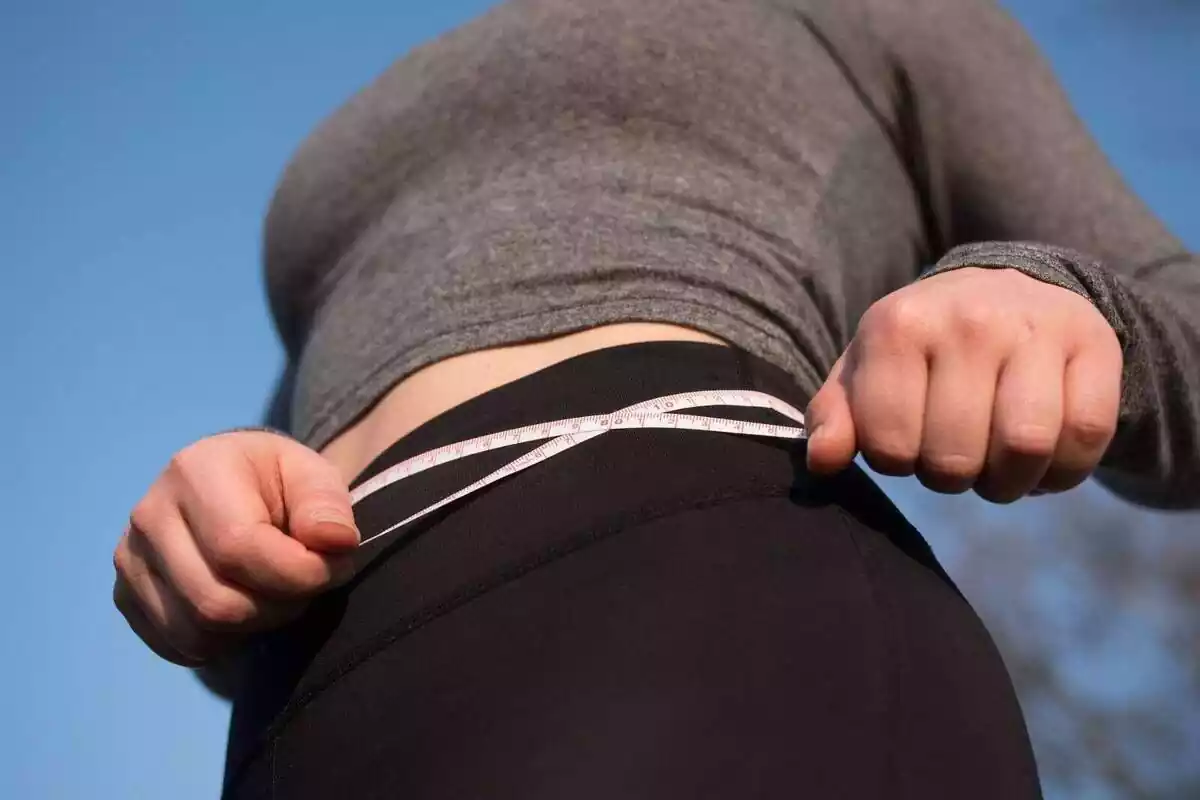Boticaria García, at 43 years old, has once again drawn attention with a statement that has made many people think that losing fat isn't as complicated as it seems. The pharmacist and science communicator has explained what the real secret to achieving it is. Far from impossible promises, her proposal has surprised precisely because of its simplicity.
According to what she explained on Instagram, the real factor that determines fat loss isn't exercise or the time when it's done. The key is to keep a sustained caloric deficit over time. That is, to consume fewer calories than the body burns each day.

Training while fasting: keys to understanding its impact on fat loss
This approach, although not new, still generates doubts and questions. One of the most common has to do with training while fasting: does one really burn more fat if one exercises without having eaten beforehand? Boticaria has addressed this issue directly, but with important nuances that have helped people understand it better.
She explained that many people believe that by not having eaten, the body "will draw from reserves" and burn more fat during training. Although it's true that there are studies that point in that direction, she has made it clear that this effect is only one part of the equation. If there isn't a total caloric deficit, fat isn't lost effectively.

To illustrate this, she mentioned a study conducted on young women over four weeks. In it, one group trained while fasting and the other after eating, but both followed exactly the same low-calorie diet. The result, as the communicator explained, was that both groups lost fat equally.
Beyond fasting: what factors matter for truly losing weight
Therefore, what was decisive wasn't when they trained, but that all of them ate less than they burned. "Hormones have a lot to say about this," she added, referring to the role of insulin and glucose in the body. According to Boticaria, if they're low, as happens when we train while fasting, the body mobilizes fatty acids to provide energy to the muscles.
In addition, Boticaria clarified that intermittent fasting isn't a strict diet, but rather an eating pattern that alternates periods for eating with others for not eating. For example, some people decide to delay breakfast a bit and have dinner earlier, eating only during a time range that feels comfortable to them. This way, without making things complicated, they manage to reduce the hours in which they eat and, with that, better control what they consume.
This type of practice can help some people eat less without realizing it, simply because they reduce the hours of the day when they have access to food. Once again, the expert wanted to make it clear that fasting doesn't make you lose weight by itself. It only works if it leads to that well-known caloric deficit.

